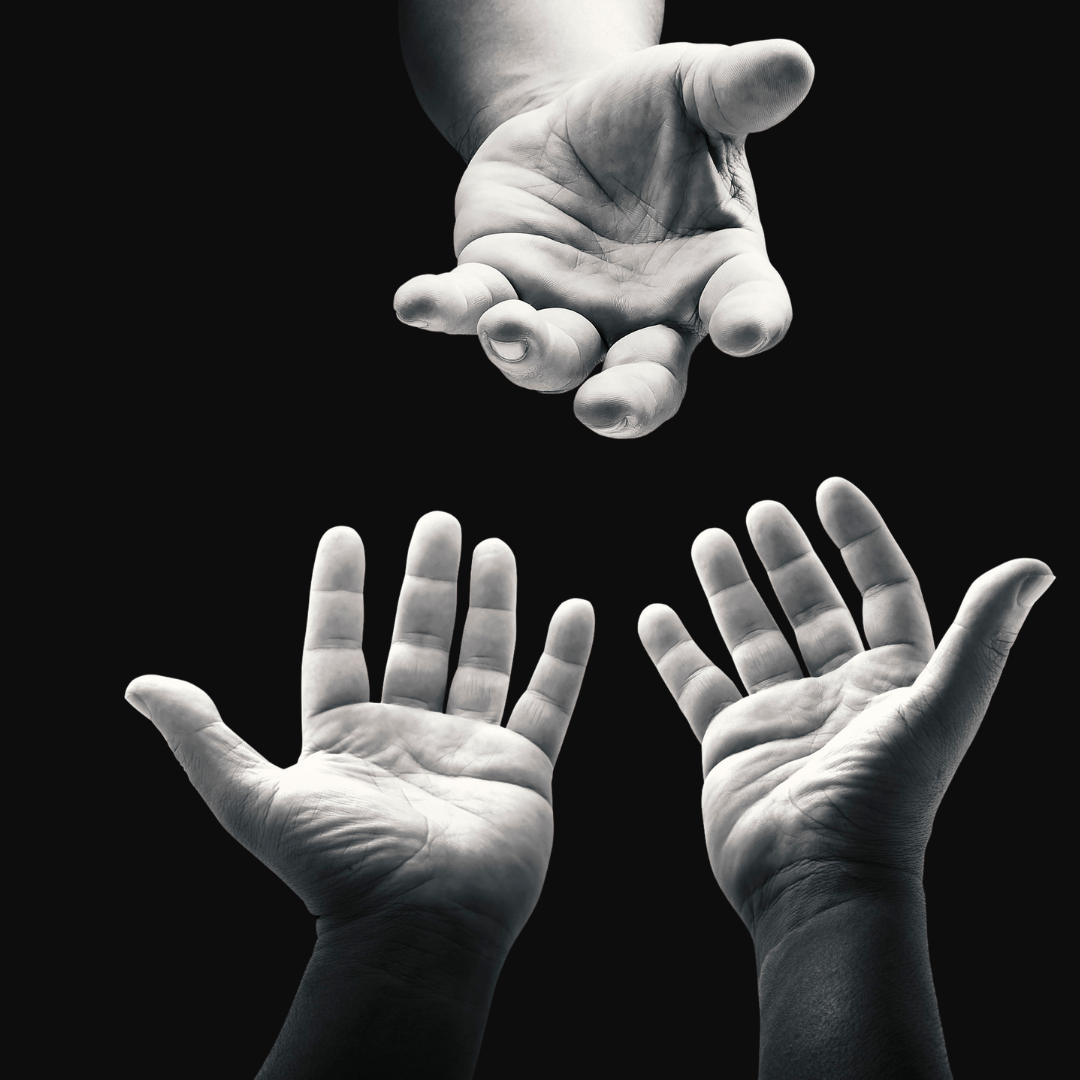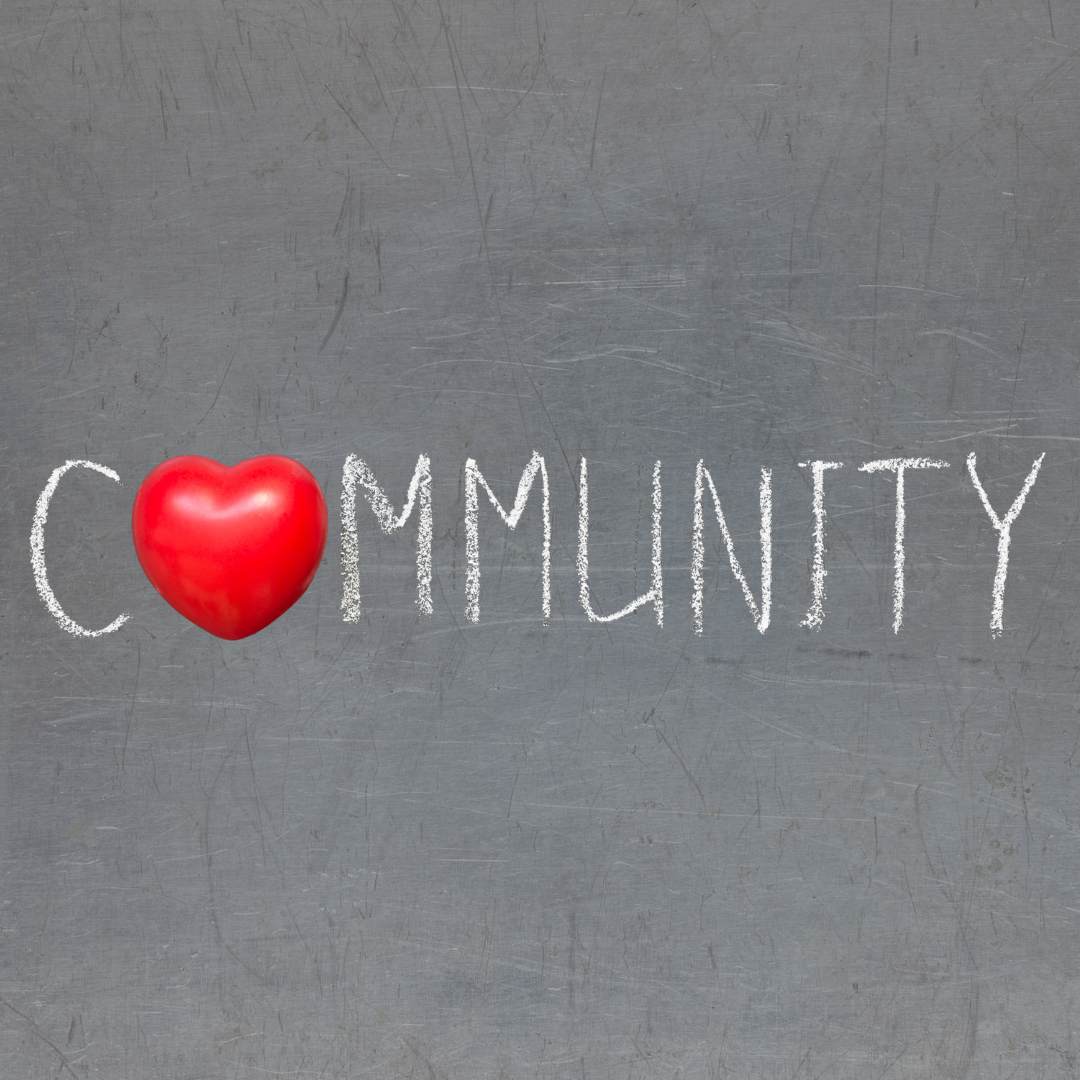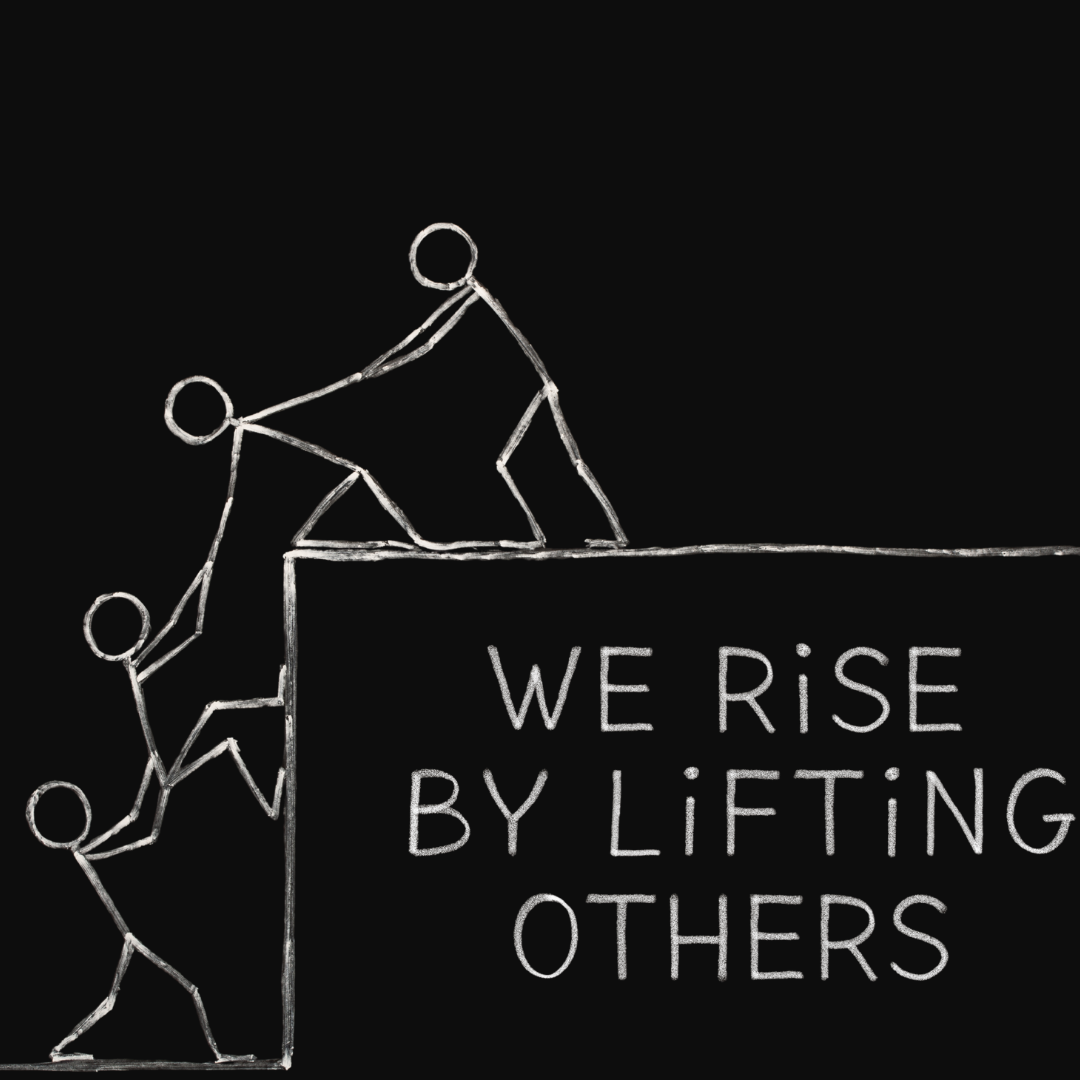How God Transforms Christian Men Through Grace and Belonging
Men matter — to God, to their families, and to the world. Yet so many carry their battles quietly, believing that “strong” means “alone.”
In this week’s conversation, I sat down with Brian Seim, a former ski coach whose high-adrenaline life came to a halt when his hidden struggle with sexual addiction came to light—everything he’d built — performance, reputation, even his church involvement cracked open, but what grew from those ruins wasn’t image management.
It was belonging — the kind that leads to belief, and then transformed behavior.

“When mercy lands, humility follows — and humility makes space for others.”
From Church Busy to Christ Known
Brian’s story exposes a drift many of us know too well: being about church while missing God Himself. He grew up in pews and programs — choir, Sunday school, leadership boards — yet had no relationship with Jesus. That gap became fertile ground for pride and performance. When sin was finally exposed, the illusion shattered.
But what happened next was gospel in motion: a family didn’t cancel him; they walked with him.
That kind of mercy reframed the church for Brian. It wasn’t supposed to be a perfection stage — it was meant to be a safe table for transformation.
“Accountability isn’t surveillance. It’s love that asks, ‘How’s your soul?’ and stays to hear the answer.”
This is discipleship with sleeves rolled up — a kind of recovery that isn’t just for drugs or alcohol, but for any area of our lives that’s unlike Christ: lust, control, gluttony, perfectionism, anger, grief, or self-reliance.
Celebrate Recovery & the Power of Confession
For Brian, Celebrate Recovery became a rhythm — confession, Scripture, and community that felt more like Acts than a Sunday performance. There, men could finally tell the truth about what they were carrying and hear, “Okay. We see you. Let’s walk together." That simple response dismantles shame.
Brian’s prayers changed from “God, take this away so I can be perfect” to “God, meet me here and change me.”
That shift from self-salvation to surrender is everything. Grace replaced grind. Identity in Christ replaced identity in performance.
“Healing doesn’t start when you hide your struggle. It starts when you’re seen and still invited to the table.”
When mercy lands, judgment loses power. We stop weaponizing holiness against those who are just beginning the journey.
From Collapse to Community: Masterminds for Men
Out of his own restoration, Brian began building something new — online mastermind groups where men meet weekly for truth, prayer, and accountability.
Each session focuses on one man’s specific challenge — a marriage strain, a relapse, a leadership pressure — and the group rallies with questions, feedback, and intercession.
This isn’t another content stream; it’s a covenant community. Between meetings, men check in with one another, offer encouragement, and keep the line of honesty open.
Then come the retreats — shared meals, honest conversations, face-to-face prayer. Those embodied moments create breakthroughs men often can’t reach alone.
“Accountability isn’t about control — it’s about connection.”
Bless Yourself to Bless Others
One of Brian’s most surprising insights flips an old misunderstanding: “Love your neighbor as yourself.” Many men read that as a command to neglect themselves. But neglect leads to burnout, resentment, and secret moral collapse.
To truly serve others, we must care for our own souls — rest, confess, set boundaries, practice Sabbath, pursue counseling, nourish body and spirit.
Blessing yourself doesn’t make you selfish; it equips you to pour from a full cup. When men live in gratitude, generosity, and service, they experience what Brian calls a spiritual “hack” — lifting others lifts your own heart.
That rhythm — self-awareness, rest, and self-giving love — breaks the cycle of striving and fills it with holy momentum.
Belong → Believe → Behave
Brian’s ministry reframes how the church welcomes people. Many congregations demand behavior first, then belief, and finally offer belonging.
Jesus flips that order completely: Belong. Believe. Behave.
People need a home before they can hear. They need hope before they can change. Belonging creates safety. Safety opens the heart. Belief then reshapes behavior.
This isn’t about watering down truth — it’s about restoring the sequence that honors how people actually grow.
“Truth without belonging hardens; belonging without truth drifts. Grace holds them together.”
The invitation is simple: come as you are. Sit down. Be fed. Hear the voice of the Shepherd who says, “Neither do I condemn you. Go, and sin no more.”
Final Thoughts
Brian’s story reminds us that confession is not collapse — it’s the doorway to wholeness. That accountability, when rooted in love, brings freedom, and that real recovery isn’t about perfection — it’s about presence.
Because when men stop hiding, families heal, churches grow deeper, and faith becomes something solid again — not performance, but peace.









 5.00 (41 Reviews)
5.00 (41 Reviews)
